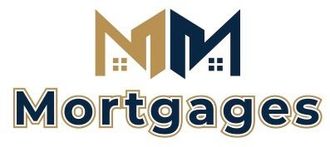
Site Under Maintenance
📞
Steven is currently accepting new clients!
If you’d like to connect, feel free to give him a call at
778-822-4535—he’d be happy to help.

📞
Steven is currently accepting new clients!
If you’d like to connect, feel free to give him a call at
778-822-4535—he’d be happy to help.
Stevan Potter
Mortgage Professional
Phone 778-822-4535
Stevan@MMmortgages.ca
Barritt Mortgages Inc.
Mortgage Architects
Thank you for contacting me.
I will get back to you as soon as possible.
Oops, there was an error sending your message.
Please try again later.
All Rights Reserved | Barritt Mortgage Architects | Privacy and Content Notice